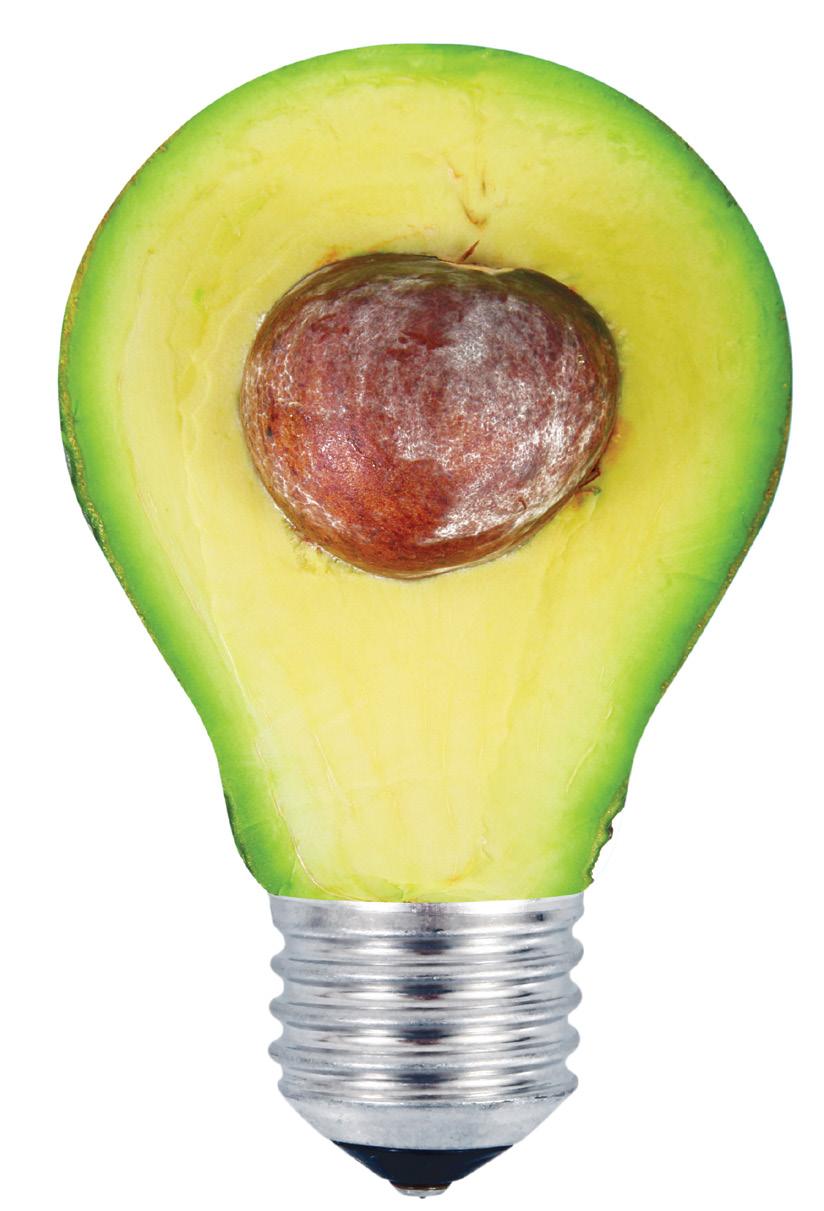BUSINESS SUCCESSION
Fairness through succession Story and photo by: Karen Trebilcock
I
t’s never too early to start talking to your kids about succession planning was the conclusion of a Dairy Women’s Network event in Gore in mid-February. Participants were mostly women with school-aged children, and although some were in the process of taking over the family farm from parents, it was the next generation many were focusing on. McIntyre Dick principal Ash Burdon, whose speciality is farm succession and business planning, said having a succession plan was just as necessary as business plans, health and safety plans, farm environment plans and the other documents required to dairy farm. “It’s best practice to have one,” he said. It also made sure the farming business was sound.
“The farm should not be a burden. You always want your kids to have the best life you can possibly give them. Having them on the family farm shouldn’t change that.” “To have a workable succession plan you need to have good relationships within all of the family, the farm has to be profitable, and the equity level has to be in a good place. “These are all what you should be working towards for your business anyway, not just for succession. “And the quicker kids understood the meaning of words such as ‘equity’ then the better.” ASB area manager Jared Stockman said the goal of succession planning was not about assets or money or who got what. 28
“It’s about being able to sit down at every Christmas together as a family and talk openly now and into the future. “That is your goal.” He said he knew of too many farming families who were no longer speaking to one another because succession had gone badly. “And understand that the kids are not inheriting your life. Just because you’ve been through tough times doesn’t mean they should too. “The farm should not be a burden. You always want your kids to have the best life you can possibly give them. Having them on the family farm shouldn’t change that.” Making sure the balance sheet was in order, that the farm was a sustainable business, was one way of doing this. “You don’t want to give your kids a big noose around their neck in the form of debt.” Ash said the three common succession scenarios were generational succession, equity partnerships, and selling the farm. Beginning the discussion as early as possible was important. “And don’t put everyone in a room together at short notice to discuss it. “Best practice for us is to give everyone lots of time to think about what they want and then discuss it with the parents first by themselves, and then each child and their partners separately before bringing everyone together as a group later on.” The four outcomes he was looking for were an inflation-proofed, guaranteed income for the retiring parents; a plan for the children who did not wish to farm; a farming business for those who did that had a reasonable chance of success, and for all members to stay as a family. He said the aim was to sell, not give, the farm to the younger generation, and to enable the younger generation to buy it. “You must treat any farm succession plan as a business deal.” Tax implications, including GST, could mean that although no money changed
McIntyre Dick principal Ash Burdon.
hands, parents were liable for a large bill from the IRD without realising it. “Use your farm team, your accountant, your lawyer and your banker, to make sure everything is done in the best possible way for everyone.” He said equity partnerships were an answer for many farming families and non-family members could be brought into the equity if required. But the rules had to stay the same as with any equity – partners had to have a common goal, wanted to farm in the same way, and were able to work together. “If you can’t sit down with your equity partners and just talk then it’s not going to work.” Selling the farm as the succession plan should not be considered a failure as it gave all parties the opportunity to do what they wanted to do individually. “Everything can be divided up and everyone can be treated equally and fairly.” However, he added ‘equal’ and ‘fair’ were two different things and that sometimes it was more important to be fair than equal.
Dairy Exporter | www.nzfarmlife.co.nz | March 2021























